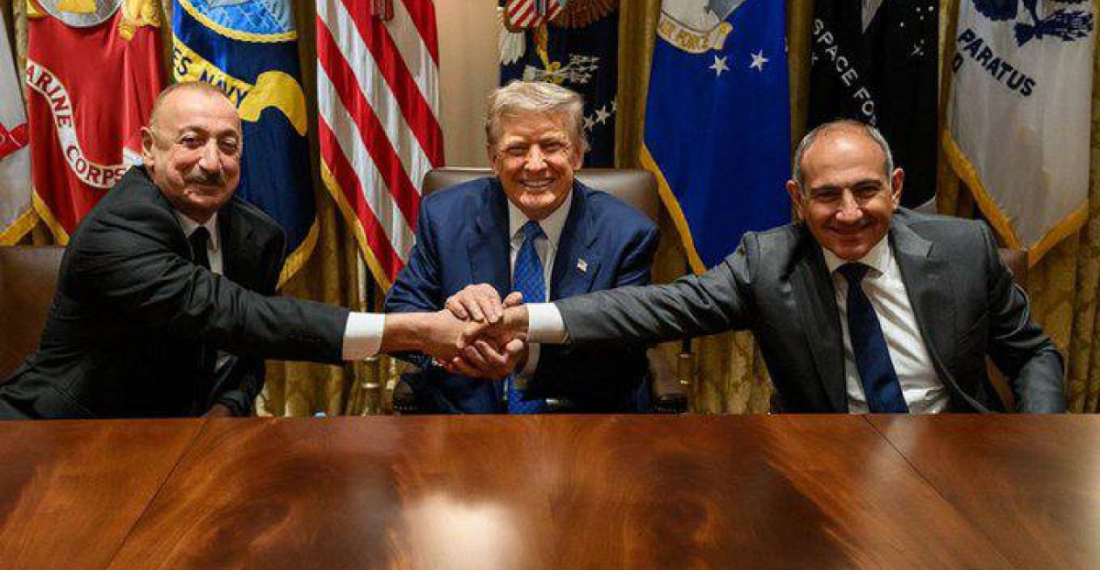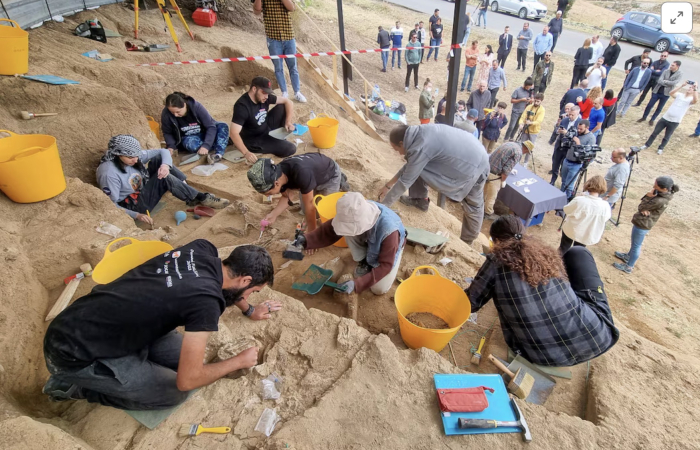When Armenia and Azerbaijan signed a peace declaration in Washington on August 8, one would have expected headlines hailing a historic step forward between two nations long trapped in cycles of hostility.
Instead, much of the coverage deals through the prism of great-power rivalry: Was this the beginning of Russia’s retreat from the South Caucasus? Was Moscow being “kicked out” of its backyard? Is it a conspiracy against Iran? For many commentators, such narratives are less grounded in sober analysis and more in wishful thinking.
This agreement is not about pushing anyone out—it’s about pulling a troubled region toward stability.
Of course, Russia would prefer to hold the keys to every corridor, every railway, every energy route. Which power wouldn’t? But no serious policymaker in Moscow, Teheran, or even Washington can ignore today’s reality: no single actor can monopolize the South Caucasus anymore. In fact, a calmer South Caucasus serves Russia’s own interests. Each new clash between Armenia and Azerbaijan chips away at Moscow’s credibility, leaving it with collateral damage to its reputation whether it intervenes or stands aside. It’s worth recalling that the Armenian–Azerbaijani conflict was one of the catalysts for the Soviet Union’s very collapse.
Iran, too, is watching uneasily, especially at the prospect of American companies managing stretches of the Armenia border. But what real alternative does Tehran have to offer? On the ground, Azerbaijan and Iran have already struck a deal to build a railway linking Nakhchivan with mainland Azerbaijan. And thanks to the TRIPP initiative, Iran will, for the first time, enjoy long-sought rail access to Armenia via Nakhchivan—a logistical breakthrough that had been on wish lists for decades but was previously unworkable.
Far from isolating Iran, the new dynamics could even accelerate the long-discussed North-South Corridor, a strategic link binding Iran and Russia through Azerbaijan. That project, until now, has remained more ambition than reality.
The fact that this peace memorandum was brokered under Donald Trump also softens the edges for Moscow and Tehran. Unlike his predecessors, Trump does not carry the banner of “liberal hegemony” or interventionist doctrine—the very instincts that have historically triggered alarm in both Russia and Iran.
As for the dissolution of the OSCE Minsk Group, which for 30 years presided over a frozen conflict without thawing it: let’s be honest, no one in Moscow, Paris, or Washington is truly shedding tears over the demise of this obsolete mechanism.
The bottom line is that the peace declaration should not be misread as a geopolitical zero-sum game.
For neighbors and outside powers alike, the real test lies ahead—whether they cling to coercive habits that failed for decades, or instead embrace the new opportunities a more stable South Caucasus presents.
source: Yalcin Mammadov contributed this op-ed to commonspace.eu
photo: President Trump with the Armenian and Azerbaijani leaders at the White House on 8 August 2025.
The views expressed in opinion pieces and commentaries do not necessarily reflect the position of commonspace.eu or its partners






